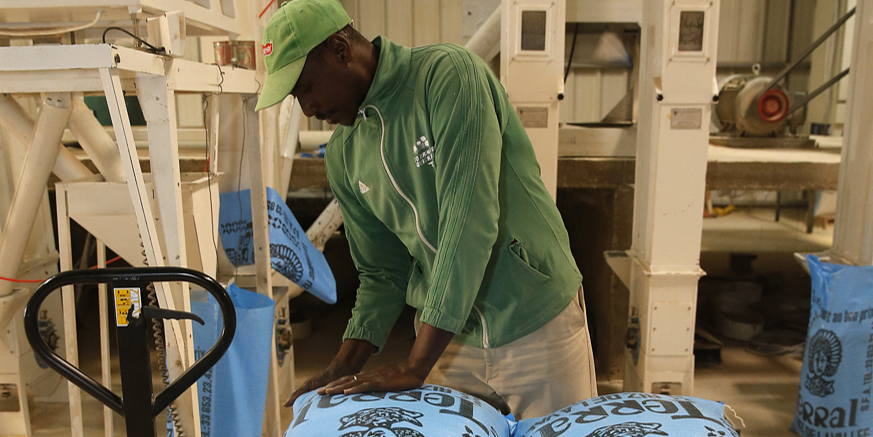
To support small-scale farmers, the Swiss Agency for Development and Cooperation and the Luxembourg Directorate for Development Cooperation and Humanitarian Action, under the coordination of ADA, have launched the SSNUP (Smallholder Safety Net Upscaling Programme). With a budget of €55 million over 10 years, the programme aims to sustainably strengthen the safety nets of smallholder farmers in Africa, Latin America and Asia by stimulating the development of agricultural value chains.
The programme draws on the technical assistance knowledge and expertise of impact investment funds already active in this area. The Grameen Crédit Agricole Foundation is one of the impact investors in charge of the SSNUP implementation. It will provide its expertise in technical assistance to the organisations it supports – microfinance institutions and social enterprises– in order to design and develop financial and non-financial solutions for agricultural risks mitigation and transfer of the different value chain actors.
An impact agricultural project in Senegal
The first organisation supported by the Foundation within the programme is SFA (Sénégalaise des Filières Alimentaires), a social enterprise that works for the development of an inclusive rice value chain in Senegal. Created in 2013, SFA produces white rice from paddy cultivated by small producers in the Senegal River Valley. It provides them with technical support through training on best agricultural practices and facilitates their access to the market and to financing by putting them in relation with local lenders.
Despite the technical support provided by SFA, the small-scale producers’ yields remained below their potential. This is mainly because farmers are still reluctant to implement the agricultural practices promoted by SFA without experiencing their positive effects first.
The SSNUP will strengthen this technical support for producers through a technical assistant mission with a budget of €11,000. This 6-month project aims to create 20 demonstration fields in SFA’s operation areas, in which best agricultural practices will be implemented. These reference fields will allow training some sixty producers on the best practices to optimise their production and to demonstrate to all producers in the area the positive impacts of these practices on agricultural yields and production quality. Exchange sessions and training led by the trained producers will enable them to share their learning with over 2,000 small-scale producers.
The expected results of this project are based on 3 pillars: capacity building of the trained farmers; increasing production and its quality for the trained farmers; increasing the income of the trained farmers and their households. This high impact project will contribute directly to the rice value chain development and food security in Senegal.